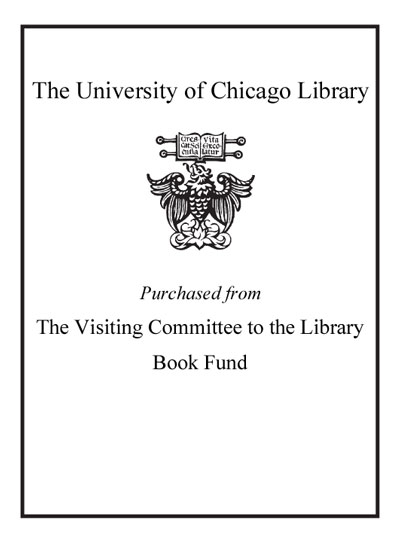Review by Choice Review
Debates over representations of indigeneity have garnered a significant amount of academic attention (see, for example, Antonio Lucero, Struggles of Voice, CH, Jun'09, 46-5859). Devine Guzman (Latin American studies, Univ. of Miami) contributes to this discussion with a probing and compelling analysis of how artists, activists, theorists, and others have employed representations of indigenous peoples in Brazil. Although less than one percent of Brazil is Native, public representations of this population continue to play a central role in intellectual and political debates over the meaning of Brazilian identity. Issues of authenticity remain a quagmire, which are further complicated by multiple modes of consciousness. Often, these depictions, as Devine Guzman notes, tend to infantilize Native identities and societal roles. Artists, intellectuals, and politicians commonly appropriate ideas of Indianness for purposes far removed from the interests of these communities. In response, indigenous peoples have attempted to contest and at times invert these representations and, in the process, have complicated understandings of Brazilian identity. In analyzing these political and cultural processes, Devine Guzman pushes readers to move beyond essentialist notions of indigeneity. This well-written, sophisticated study provides indispensable insights into the uses and constructions of indigenous identities. Summing Up: Highly recommended. Graduate students/faculty. M. Becker Truman State University
Copyright American Library Association, used with permission.
Review by Choice Review

